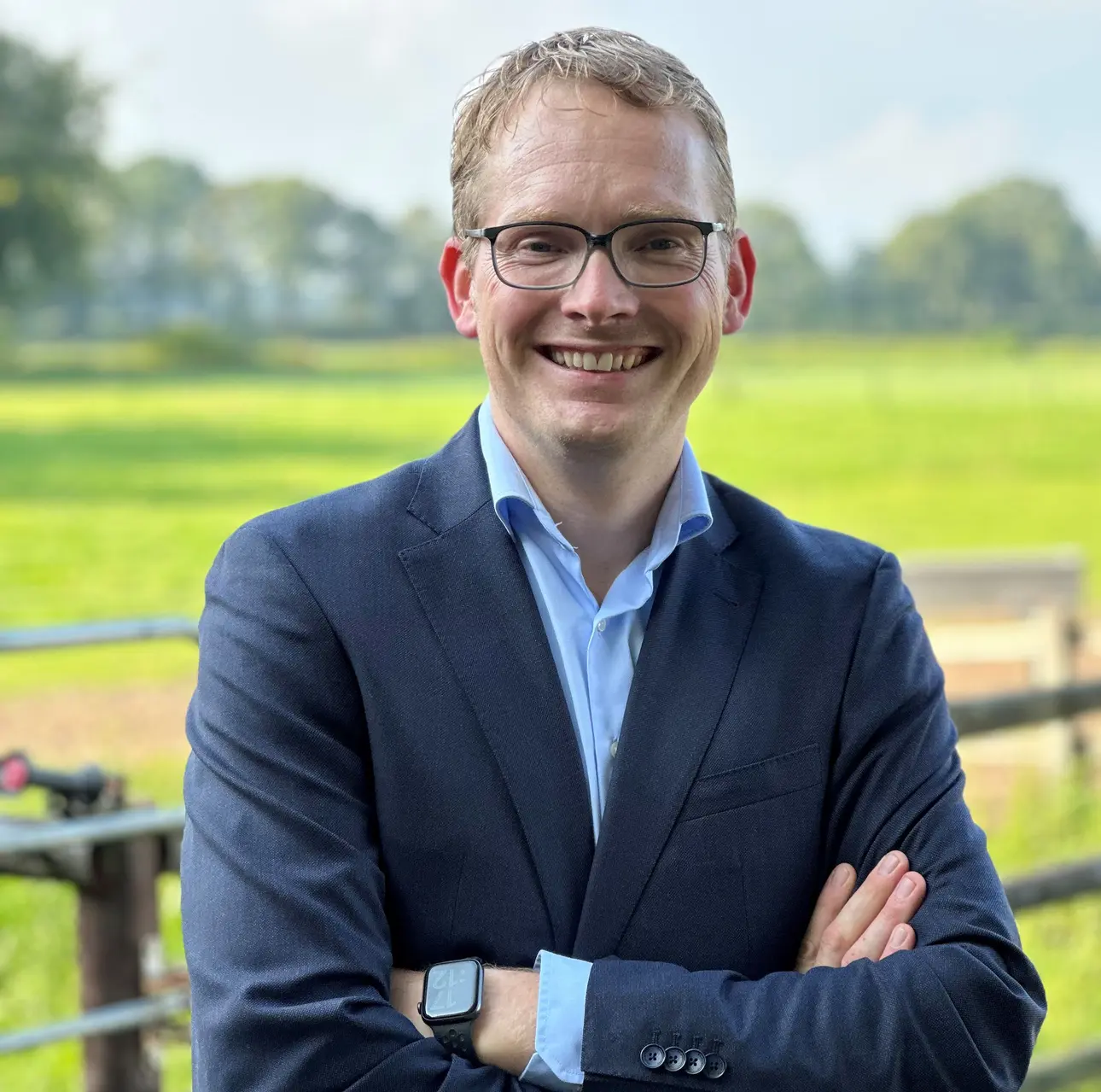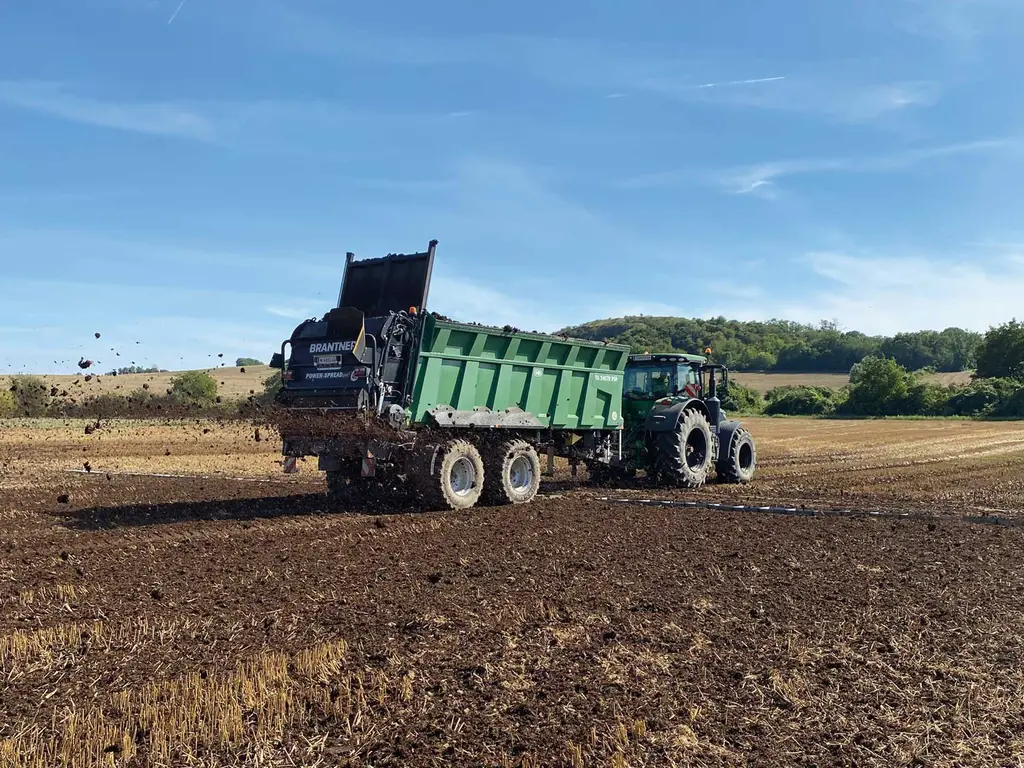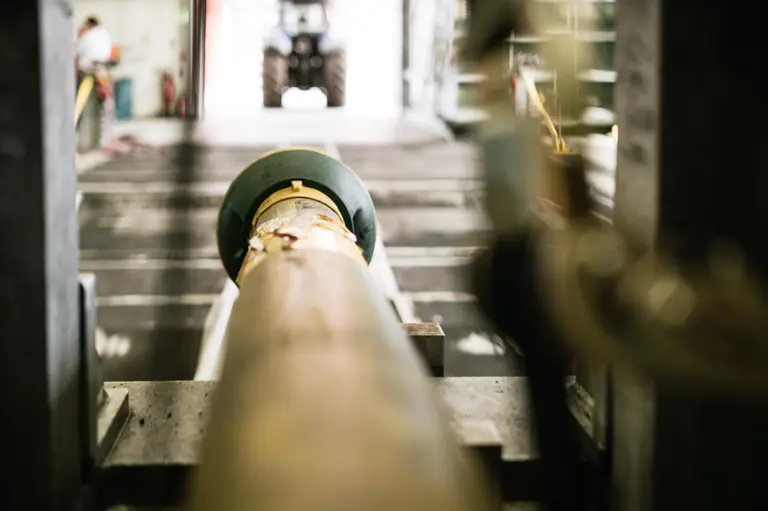We are committed to ensuring that enjoyment is an essential part of the quality of life. In addition to the sensory enjoyment value of a food, we focus on aspects such as food safety, resource conservation and sustainable packaging as well as the promotion of health through reformulation and transparent labelling.
The committee was founded in 2006 as the Committee for Sensory Assessment in order to promote and further professionalise sensory science and its practical applications in the areas of quality assurance, product development and market research in food processing along the value chain. In 2024, it was renamed the Committee for Food Quality.
The reasons for this were the high level of interdisciplinarity and networking of sensory science in practice with analytical topics, food safety and food fraud, digitalisation, recipe management, resource protection (including the reworking of side streams), the use of alternative proteins and sustainable packaging optimisation.
The DLG Committee for Food Quality
The committee, which is made up of scientists and practitioners from various specialist disciplines from the DACH region, aims to do justice to the holistic approach of its specialised work with regard to the many facets of food quality and sensory analysis. Its purpose is to ensure the exchange of knowledge between research and practice in the future and to identify solutions to the challenges faced in practice. The DLG Committee for Food Quality organises a meeting twice a year to discuss current and future issues. The committee meetings also serve to prepare the committee's projects. Guest participation is possible on request.
Current topics
- Identify current key issues in food processing, e.g: Innovative (sensory) analytics and methods/rapid methods, e.g. accelerated shelf life tests to determine best before date and smart sensors, use of AI in sensory analysis and quality assurance, alternative proteins in sustainable recipe management
- Initiating practical solutions, including through research projects and the transfer of expertise from science to practice
- Trend monitoring such as the DLG Sensory Trend Monitor and development of best practice recommendations for innovations in food sensory analysis, analytics and recipe management
- Networking and communication of expertise via publications, conferences, seminars, forum events, such as the DLG Food Sensory Day, DLG Sensory Manager® and the DLG Sensory Vocabulary
Members and permanent guests
- Bongartz, Annette, Zürcher Hochschule für Angewandte Wissenschaften (ZHAW), Wädenswil (Schweiz)
- Derndorfer, Eva, Dr.in, Wien (Österreich)
- Esatbeyoglu, Tuba, Prof. Dr. habil.; Leibniz Universität Hannover
- Fenkes, Anna, bofrost* Dienstleistunges GmbH & Co. KG., Straelen
- Heim, Kathrin, Fachhochschule Wiener Neustadt, Campus Wieselburg, Wieselburg (Österreich)
- Jung, Rainer, Prof. Dr., Hochschule Geisenheim University, Geisenheim
- Krämer, Bettina, Arla Foods Deutschland GmbH, Pronsfeld
- Maier-Nöth, Andrea, Prof. Dr., Hochschule Albstadt-Sigmaringen, Sigmaringen
- Meier, Jörg, Prof. Dr., Hochschule Neubrandenburg, Neubrandenburg
- Müller, Andreas, Dr., Hollenstedt
- Neugart, Susanne, Prof. Dr. habil.; Georg-August-Universität Göttingen
- Nuessli Guth, Jeannette, Dr., Eidgenössische Technische Hochschule Zürich (ETH Zürich), Zürich (Schweiz)
- Schneider, Désirée, Dr., Hochschule Fulda, Fulda
- Sielemann, Stefanie, Prof. Dr., Hochschule Hamm-Lippstadt, Hamm
- Sippel, Christoph, arteFakt Handelsagentur für Erzeuger-Verbraucher-Ideen eG, Wilstedt
- Sokolowsky, Martina, Prof. Dr. rer. nat., Technische Hochschule Ostwestfalen-Lippe, Lemgo
Dr. Désirée Schneider
HS Fulda, Fulda
(Chairman)
Christoph Sippel
Eurofins Analytik GmbH, Hamburg
(Deputy Chairman)
Bianca Schneider-Häder
DLG Competence Center Agriculture
Tel.: +49 69 24788-360
B.Schneider@DLG.org












